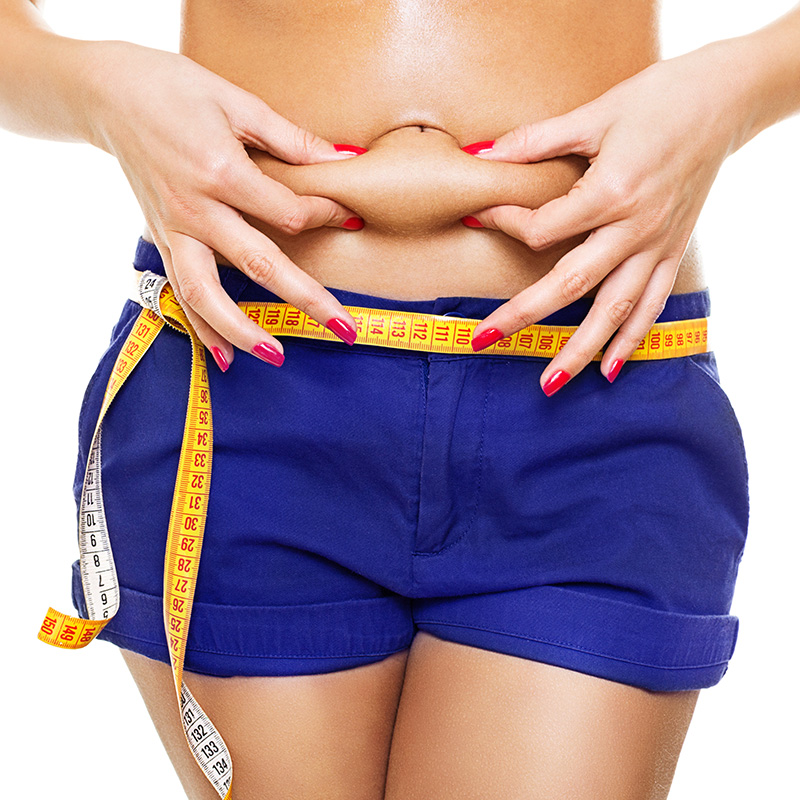CoolSculpting® is a non-invasive treatment that use cryolipolysis, otherwise known as fat freezing, to freeze the fat cells in the treated area. It only works on fat cells and does not harm the skin and surrounding cells.
Following treatment, the body will naturally eliminate the dead fat cells, which can result in up to 20-25% reduction of stubborn fat in the treated area.
The CoolSculpting® procedure is not a treatment for weight loss.
Indication sites
Subcutaneous fat thickness of at least 2.5cm.
- submental (under the chin) and submandibular (under the jawline) areas
- thigh
- abdomen
- flank
- along with bra fat, back fat
- underneath the buttocks (also known as banana roll)
- upper arm

Contraindications
- Cryoglobulinemia.
- Cold agglutinin disease.
- Paroxysmal cold hemoglobinuria.
- Cold sensitivity, such as cold urticaria, Raynaud syndrome, frostbite.
- Hernia in or near the treatment site.
- The site to be treated has recently undergone surgery or scar tissue.
- Pregnancy or lactation.
- Poor circulation around the treatment area.
- Skin conditions in the treatment area, such as eczema and dermatitis.
- Open wounds or infected wounds over treatment area.
- Neuropathic pain, such as postherpetic neuralgia or diabetic neuropathy.
- Hemorrhagic disease or combined use of blood thinners.
- Any implantable devices, such as cardiac regulators and defibrillators.
- BMI>30.
Treatment process
Before treatment
- Take photos of the treatment site and weigh yourself.
- Measure the fat thickness of the treated area and make a mark.
- Rub an antifreeze tissue over the treatment site.
During treatment
- Place gel pad and handgrips on the treatment site.
- The vacuum handgrip will suck the treatment area into the groove of the grip. The suction pressure may cause the treatment area to be pulled and pinched.
- At the beginning of the course of treatment, the fat layer is cooled at a low temperature. You may feel a slight sensation of freezing, tingling and numbness, which gradually disappears with the progress of the regime.
After treatment
- After a regimen is completed, the treatment area will feel stiff and reddish, while the skin will become pale and white temporarily at the edge of the treatment area.
- The nurse will help you knead and massage the treatment area for 2 minutes to help fat metabolism, and you will feel a little pain.
- At the time of natural recovery of temperature and consciousness at the treatment site, a few people may feel sick or dizzy, which is a normal reaction and usually disappears within a few minutes.
- Bruising, swelling, tenderness, itching and temporary dullness may occur within a few hours or 1-2 weeks after returning home. The above conditions are normal. If there is deterioration over 2 weeks, please consult your doctor immediately.
- The thickness of the fat layer decreases gradually with time after treatment, and changes begin to be observed at about 3~4 weeks, and become apparent after 1~3 months. The body continues to metabolize apoptotic fat cells, and complete metabolism takes about 4 months.
Postoperative daily care
To avoid compromising the full effectiveness of the course of treatment, the following should be observed:
- Keep a healthy diet and exercise routine to prevent weight gain.
- Drink plenty of warm water to boost your metabolism.
Interval time and times
The treatment of different parts does not need time interval, while the treatment of the same part needs an interval of 3 months. Whether to receive further treatment depends on personal situation.
If you have any questions please do not hesitate to contact us.
- (04)2205-2121 ext. 12020, 12021, Business Hour: Monday through Friday 08:00am-6:00pm, Saturday 08:00am-12:00pm, our center located at 11F, CMU Children’s Hospital.

